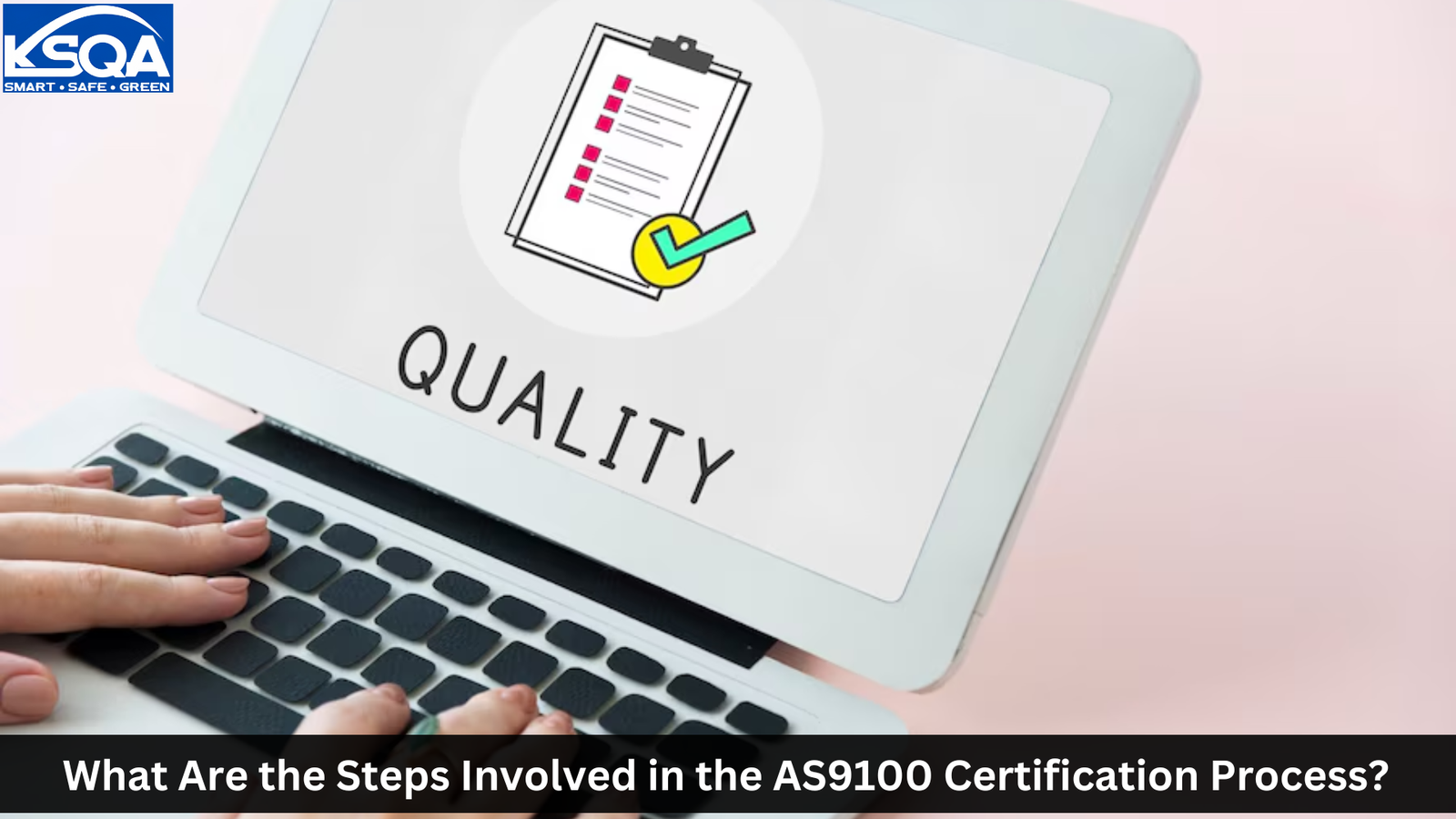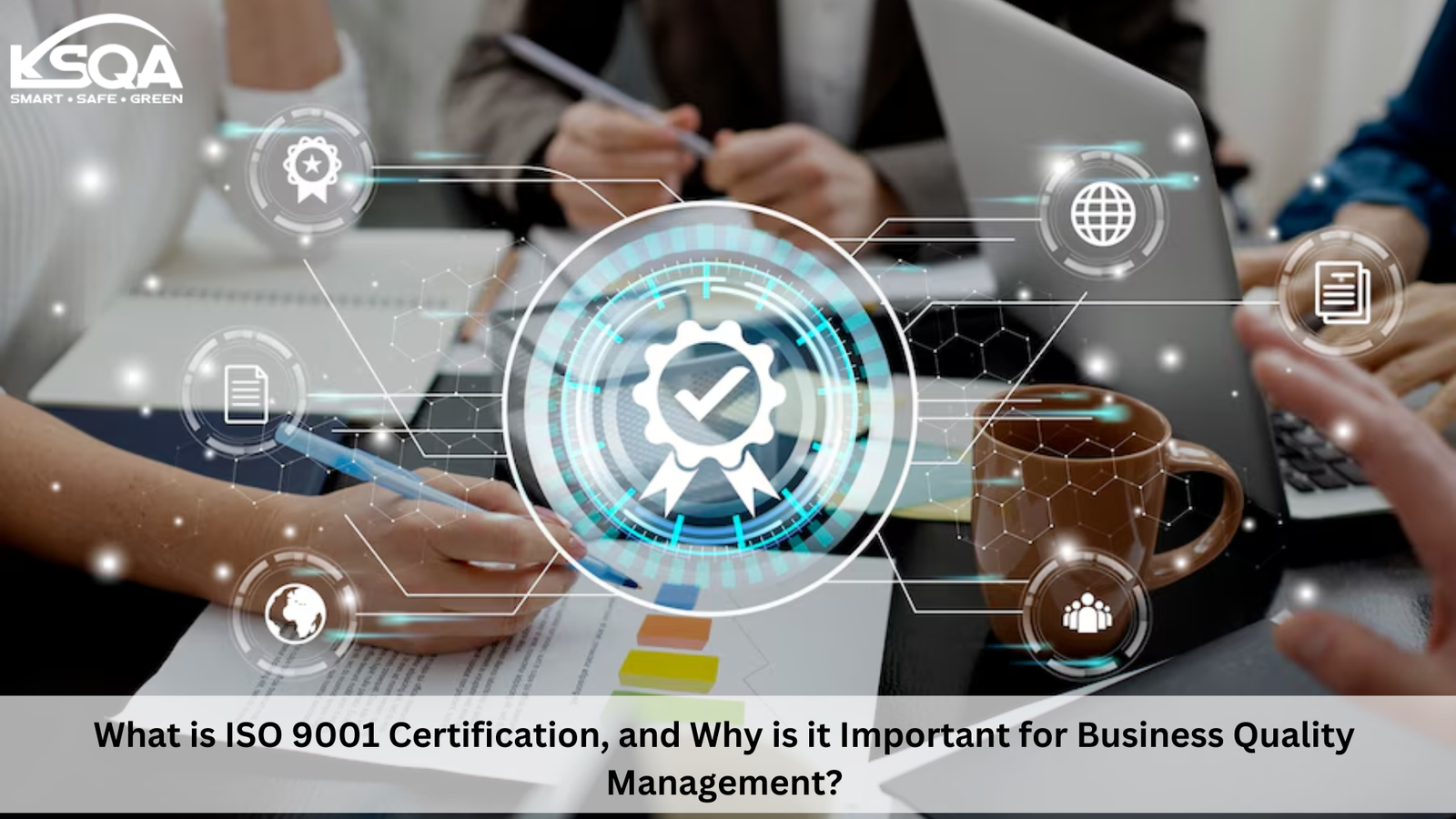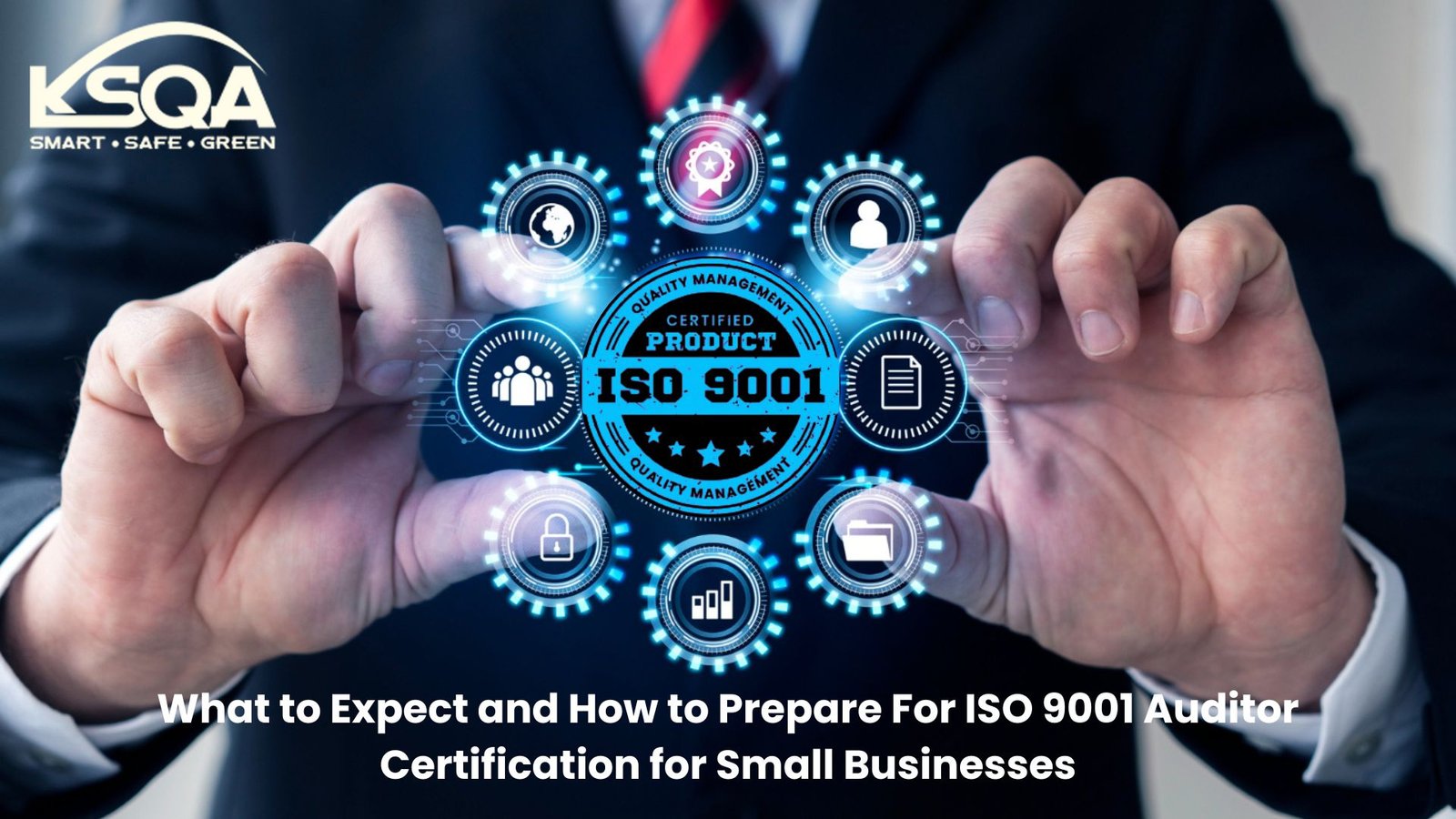Achieving IT certification isn’t just a milestone—it’s a strategic move that can increase organizational efficiency, elevate customer satisfaction, and establish a formidable competitive edge. As businesses evolve and competition intensifies, the need for a certification becomes necessary, and for that you will need a well-structured certification roadmap.
This roadmap serves as a guiding compass, steering organizations toward a seamless implementation of a robust management system.
But why is IT certification such a game-changer? It’s a testament to an organization’s commitment to excellence. Certification instills confidence not only within the organization itself but also among clients, partners, and stakeholders. It signifies a dedication to quality, adherence to industry standards, and a proactive approach to continuous improvement.

In this blog, we’ll discuss the IT certification roadmap 2023, offering a straightforward guide for organizations considering IT certification.
Initial Preparation of the Certification Process
When initiating the preparation phase, it’s crucial to make thoughtful decisions for a successful implementation of the chosen management system. Here are some straightforward yet effective tips that companies find invaluable as they embark on their certification roadmap:
1. Start with the Positive Attitude
Ensure a positive and proactive approach as you commence the certification process. A positive attitude sets the tone for a smoother journey toward implementing the management system.
2. Understand the Standard
Develop a comprehensive understanding of the concepts outlined in the standard. Use the standard as a guide template to clearly define the outline of your organization’s management system.
3. Recognize Application and Implications
Gain insights into how the standard’s application will impact your company. Understand the implications it holds for your operations, ensuring a realistic and informed approach to implementation.
4. Utilize the Standard for Improvement
View the standard not just as a compliance requirement but as a valuable tool for continuous improvement. Think of it as a medium through which you can have a positive change within your organization.
5. Assess Risks and Processes
Develop an understanding of the risks and processes that influence your organization’s ability to achieve its business strategy. This awareness is pivotal for effective decision-making throughout the certification process.
6. Carefully Choose Your Partner
When selecting a certification body or registrar, exercise diligence. Choose a partner that aligns with your goals and values, as this partnership will play a crucial role in the certification journey.
These outlined steps form the foundational framework that every organization should adhere to when pursuing IT certification. By incorporating this IT certification roadmap 2023 principles into their processes, businesses can pave the way for a successful certification journey, ensuring robust IT practices and compliance.
Step-by-step Process Of Getting Certificated
As we have mentioned earlier, achieving certification is highly important for every organization. To have a smooth and hassle-free certification process, you will need to have to know about the certification roadmap first.
Written below is the comprehensive IT certification roadmap for 2023.
1. Acquire the Standard
Obtain and thoroughly examine a copy of the standard to familiarize yourself with its stipulations. Go through the standard attentively, meticulously assessing whether pursuing the certification aligns with your organization’s overarching goals and strategic vision for sustainable growth and excellence.
2. Explore Available Resources
Look for available information and software designed to assist in understanding and implementing the standard. Some standards come with specific guidelines that can be valuable. Take the time to identify resources that support your implementation process.
3. Build Your Team and Develop a Plan
The decision to adopt a management system is strategic for the entire organization. Involve senior management in the decision-making process as they determine the business strategy that the management system should support. Establish a dedicated team for the development and implementation of your management system.
4. Identify Training Requirements
Ensure your team members leading the implementation and maintenance of the management system are thoroughly versed in the relevant standards. Explore a plethora of available courses, workshops, and seminars tailored to meet their educational needs, empowering them with the knowledge essential for successful system adherence and continual improvement.
5. Consider Consultant’s Guidance
Experienced consultants bring valuable insights to the table, offering practical advice for a feasible, realistic, and budget-friendly implementation strategy. Their guidance proves instrumental in enhancing the efficiency of your certification journey.
They can ensure a smoother and more effective path towards achieving your organizational goals.
6. Develop Your Management System Documentation
Choose a suitable platform for documenting your management system. The right platform is crucial for effective management, communication, and implementation.
Your management system documentation should vividly outline the policies, operations, and relevant processes of your company, supporting you in meeting your intended outcomes and the requirements of the standard.
7. Define and Document Operational Processes
Establishing your management system involves determining necessary processes and their interactions in alignment with your policies, strategy, and objectives.
These processes should encompass product and service realization (operational processes), meeting the needs of customers and stakeholders, and management processes, including measurement, analysis, improvement, and innovation.
8. Implement Your Management System
Successful implementation requires effective communication and training. During this phase, your organization operates according to established processes and connected criteria to document and demonstrate the effectiveness of the management system.
9. IT Audit Certification Roadmap
Opt for a preliminary evaluation of your management system’s implementation by a certification body/registrar. Here is an IT audit certification roadmap:
- An evaluation will be conducted to assess submitted documentation against the requirements of the management system standard. This includes a review of internal audits, management review meetings, and other stipulated requirements.
If any areas of concern emerge during this audit, these concerns will be informed to you at the audit’s conclusion. Adequate time is then determined to allow for necessary corrections.
- In this step, the focus shifts to gathering objective evidence that substantiates the effective implementation of the management system. This stage aims to form a conclusive judgment on whether to grant certification or not.
The comprehensive evaluation during this stage ensures a thorough assessment of the practical application and effectiveness of the management system.
10. Choose a Certification Partner
Your long-term business relationship with the certification body/registrar is crucial, as certification needs to be maintained. The ongoing commitment to continual improvement is fundamental for sustaining an efficient management system, ensuring its adaptability to evolving industry standards and best practices.
Conclusion
As organizations get started on getting IT certification, following a well-defined roadmap is crucial for success. By starting with a positive attitude, understanding the standard, and carefully selecting partners, businesses can pave the way for a smooth certification process.
Each step, from obtaining the standard to selecting a certification body, contributes to building a robust management system that not only meets the requirements but also drives continuous improvement.
Keep these simple yet effective guidelines in mind as you navigate the IT certification roadmap, ensuring a successful and valuable journey.
KSQA offers lower-cost virtual auditing services, which can reduce the cost of ISO 9001 and AS 9100 certification cost. Opt for our services and watch how we work for your organization’s growth, streamline processes, improve customer experiences, and increase the revenue of your organization.
We can assist in extracting maximum value from the certification process by evaluating strengths and identifying improvement opportunities. Our consultants can guide you through the whole process of getting certified, as well as ensure that your company stays abreast of the standards even after getting certified.
So, hurry up and contact us now for a seamless certification process.



.jpg)



